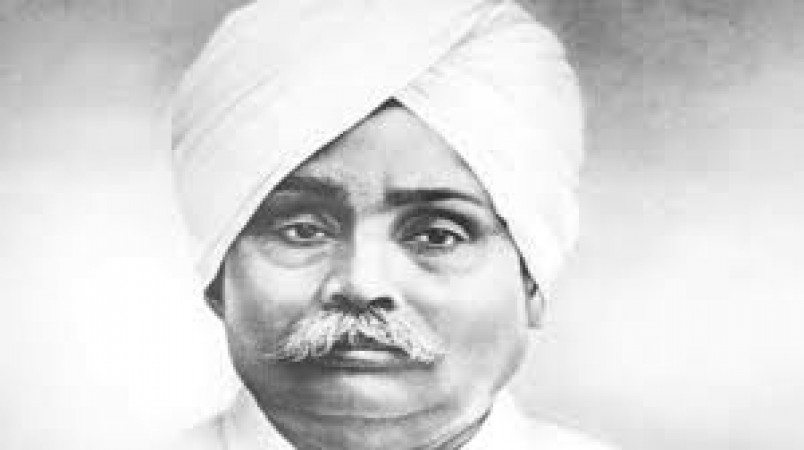
In this article, we will delve into the life and contributions of Lala Lajpat Rai, fondly known as "Punjab Kesari" (Lion of Punjab). Lala Lajpat Rai was a prominent Indian freedom fighter, politician, and social reformer during the British colonial rule. His relentless efforts and sacrifices played a pivotal role in India's struggle for independence and various social reforms. Let's explore the significant chapters of his life and the impact he made on India's history.
Early Life and Education
Born on January 28, 1865, in Dhudike, Punjab, Lala Lajpat Rai received his early education in his hometown. His father, Munshi Radha Krishan Agrawal, was a scholar and played a significant role in shaping Lajpat Rai's intellect and values. Rai completed his education from Government College, Lahore, where he developed an interest in social and political issues.
Entry into Social and Political Activism
After completing his studies, Lala Lajpat Rai emerged as a dynamic leader and dedicated himself to social and political causes. He actively participated in campaigns against the oppressive British rule and became a prominent member of the Indian National Congress. Alongside other freedom fighters like Bal Gangadhar Tilak and Bipin Chandra Pal, he was part of the "Lal-Bal-Pal" triumvirate, advocating for Swaraj (self-rule) and a free India.
Role in National Movements
Lala Lajpat Rai was at the forefront of several movements that challenged British rule. He led protests against the partition of Bengal in 1905, which he saw as a tactic by the British to divide and rule India. Rai's involvement in the Swadeshi Movement further intensified the nationalistic fervor, promoting the use of indigenous products and boycott of foreign goods.
Contribution to Education and Literature
Lajpat Rai was not only a political figure but also a passionate advocate of education and literature. He believed that education was the key to empowering the masses and building a strong nation. He established educational institutions, including Dayanand Anglo-Vedic (DAV) schools, to provide modern education rooted in Indian values.
Struggle for Social Reforms
Lala Lajpat Rai was deeply committed to social reforms and fought against various societal issues. He actively opposed caste discrimination and worked towards uplifting the marginalized sections of society. Rai's efforts played a crucial role in eradicating social evils and promoting equality among all.
The Role of "Punjab Kesari" in Non-Cooperation Movement
During the Non-Cooperation Movement, initiated by Mahatma Gandhi in 1920, Lala Lajpat Rai played a pivotal role in mobilizing people against British policies. His fiery speeches and writings inspired millions to join the movement and boycott British institutions.
Involvement in Simon Commission Protest
In 1928, Lajpat Rai led a protest against the Simon Commission, which was formed by the British government to assess India's political situation without any Indian representation. The protest turned violent when the police lathi-charged the demonstrators, leading to Lala Lajpat Rai being brutally injured. He succumbed to his injuries on November 17, 1928, becoming a martyr for India's freedom struggle. Lala Lajpat Rai's unwavering dedication to India's freedom and social reforms continues to inspire generations. He was a true patriot, "Punjab Kesari," and a relentless crusader for justice. His sacrifice remains etched in the annals of history, reminding us of the courage and determination it takes to bring about positive change. Lajpat Rai's contributions to education, nationalism, and social equality will forever be remembered and celebrated.
Mysterious and Mighty: The Esoteric World of Hindu Deities
Connecting with the Divine: The Power of Deity Worship in Human Lives